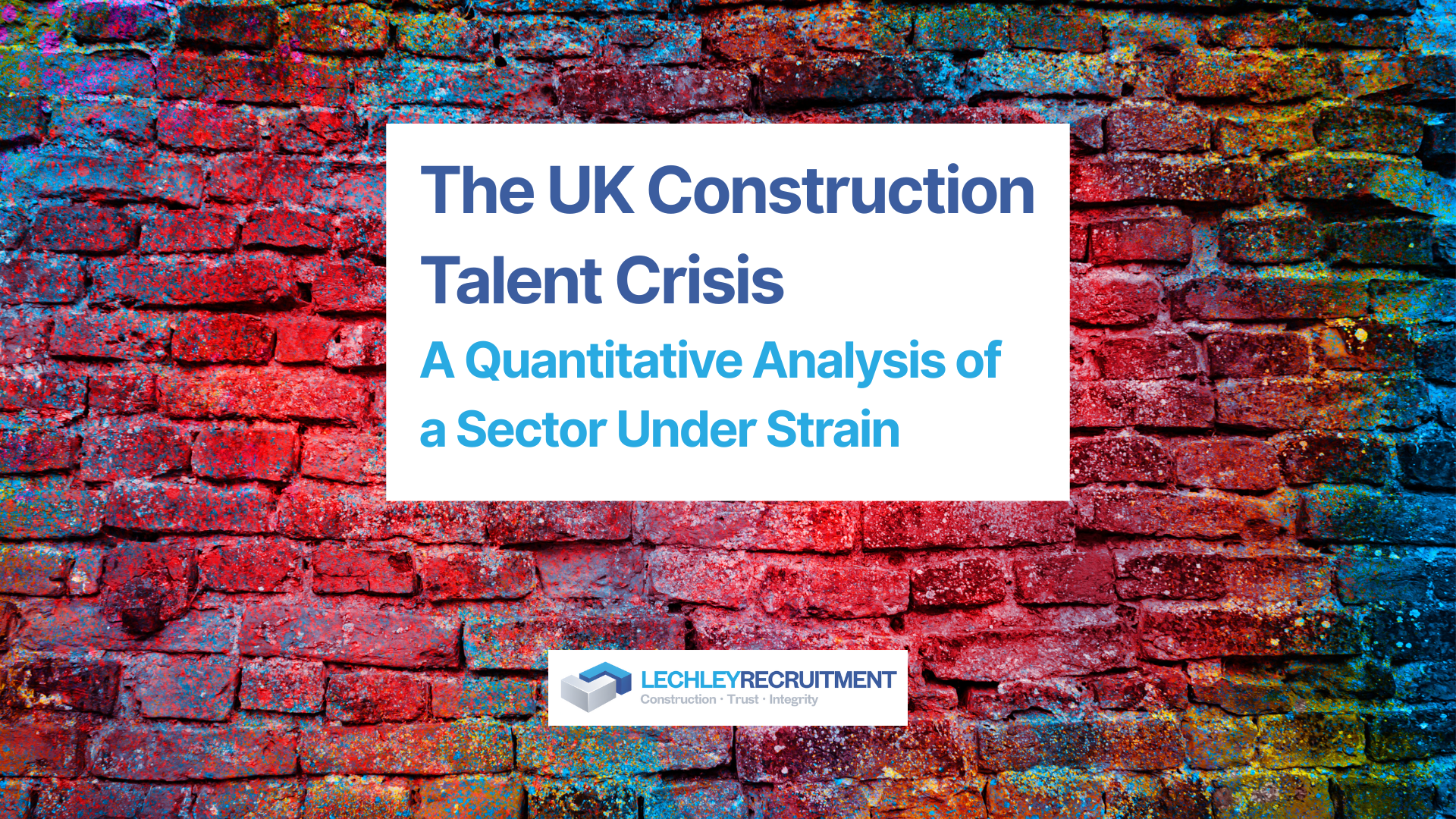Navigating the Counter Offer: Insights from an Executive Construction Recruitment Specialist
The Counter Offer
The counteroffer is a familiar scenario in the world of executive recruitment, especially within the construction industry. You've identified the perfect candidate, they've gone through the interview process, and just when you think they're about to accept your offer, their current employer swoops in with a counteroffer. It's a situation that can be both frustrating and challenging. But fear not; as an experienced construction recruitment specialist, I'm here to guide you through the best ways to handle this situation.
1. Understand the Motivation Behind the Counter Offer
Before reacting, it's essential to understand why the candidate has received a counteroffer. Typically, it's because their current employer recognizes their value and doesn't want to lose them. However, it's also worth noting that counter offers can sometimes be a knee-jerk reaction, a last-ditch effort to retain talent without addressing the underlying reasons why the employee wanted to leave in the first place.
2. Reiterate the Value of Your Offer
If a candidate is considering a counteroffer, take the time to remind them of the benefits and opportunities your position presents. This could be regarding career growth, company culture, project diversity, or work-life balance. Highlight the long-term advantages of joining your firm over the short-term gains of the counteroffer.
3. Open a Dialogue
Communication is key. Engage in an open conversation with the candidate. Ask them about their reservations and what aspects of the counteroffer tempt them. This will give you insights into their priorities and allow you to address any concerns directly.
4. Be Prepared to Negotiate
While having a budget and boundaries is essential, be prepared to revisit certain terms if the candidate is of high value. This doesn’t always mean increasing the salary; sometimes, it could be about offering flexible working hours, additional training, or other non-monetary benefits.
5. Reflect on the Bigger Picture
Remember, it's not just about winning the candidate over. It's about ensuring they're a good fit for your company in the long run. If a counter offer easily sways a candidate, consider whether they might be easily tempted to jump ship in the future.
6. Respect Their Decision
If, after all your efforts, the candidate decides to stay with their current employer, respect their decision. The construction industry is vast, but word travels fast. Leaving things on a positive note ensures your reputation remains intact and leaves the door open for potential future collaborations.
Conclusion
Counter offers are an inevitable part of the recruitment process, especially when dealing with top-tier talent in the construction industry. By understanding their motivations, communicating effectively, and being willing to negotiate, you can navigate these challenges confidently and poise. Remember, it's not just about securing a candidate but ensuring a mutually beneficial relationship for the long term.





